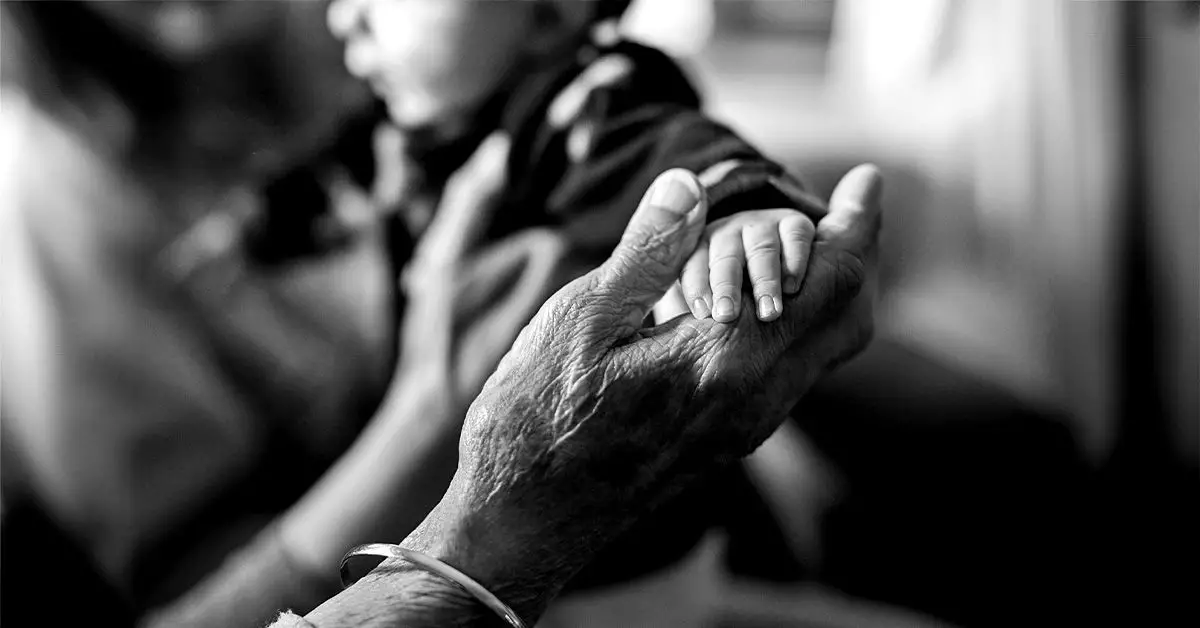Alzheimer’s disease is a progressive neurological disorder that affects the brain, leading to significant changes in behavior and personality. As the disease advances, it causes severe memory loss, confusion, and impaired judgment. These changes greatly impact a person’s perception and interaction with their environment. Due to these changes, individuals with Alzheimer’s disease should not be responsible for caring for babies and children.
The significant changes in thinking and behavior that occur in Alzheimer’s disease can make it unsafe for individuals with the condition to handle babies. The disease affects the brain’s ability to process information, regulate emotions, and maintain physical coordination. This can result in unpredictable behavior, forgetfulness, and an increased risk for accidents when caring for children. Caregivers should closely supervise interactions to ensure the safety and well-being of both the person with Alzheimer’s disease and any children involved.
The interactions between people with Alzheimer’s disease and children, particularly babies, require special attention due to the vulnerabilities of both parties. Babies require gentle and precise handling, while individuals with Alzheimer’s may struggle with the cognitive and physical skills needed to provide this level of care. Factors such as unexpected behavior, physical limitations, communication barriers, and sensitivity to stimuli contribute to the potential risks of allowing individuals with Alzheimer’s to care for children.
It is crucial for caregivers and family members to implement strategies to protect both the person with Alzheimer’s disease and the child during interactions. This includes supervising their time together, creating a calm environment, and setting clear boundaries. While enjoyable interactions like smiling, laughing, and playing are possible, it is essential for another adult to supervise and possibly limit the length of these interactions to prevent exhaustion, frustration, or hunger in the individual with Alzheimer’s.
Alzheimer’s disease progresses through stages and can manifest in various symptoms such as memory loss, difficulties with daily tasks, confusion, spatial awareness issues, mood changes, and personality alterations. The exact cause of Alzheimer’s remains unknown, but age, genetics, lifestyle, heart health, and head trauma are critical factors that influence the risk of developing the disease.
While there is no cure for Alzheimer’s disease, treatments such as medications, lifestyle changes, and supportive therapies can help manage symptoms and slow the progression of the condition. Supporting individuals with Alzheimer’s involves a comprehensive approach that includes medical care, emotional support, and practical assistance. Caregivers can benefit from education about the disease, support groups, respite care, and legal and financial planning resources.
Due to the significant changes in behavior and mental function that occur in Alzheimer’s disease, it is unsafe for individuals with the condition to care for children. Caregivers should be aware of the risks involved and take appropriate measures to ensure the safety of both the person with Alzheimer’s disease and the child. While there is currently no cure for Alzheimer’s, treatments and supportive care can help manage symptoms and improve the quality of life for those living with the condition.

